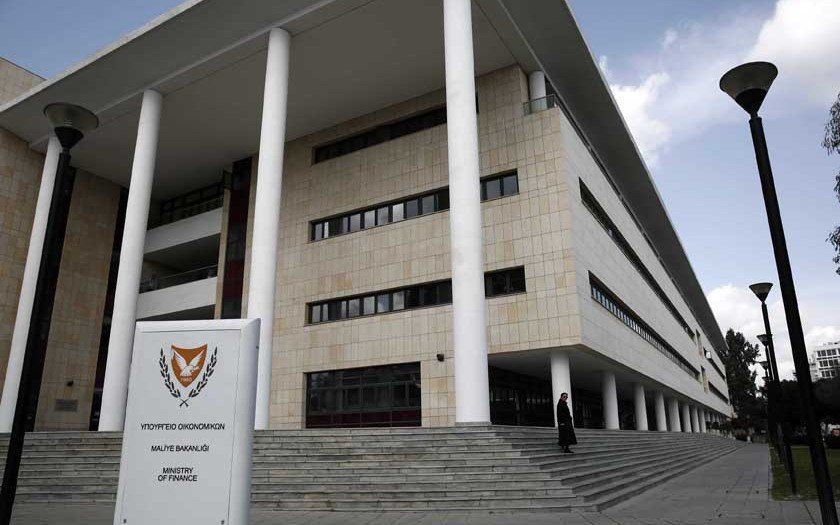Ten years have passed since the bailout, which devastated the economy, and seven have passed since the country exited the assistance programme that was imposed by the international lenders. Although this is not a long time, the experience appears to have been completely erased from the memory of our politicians, who, evidently, learnt nothing from the mistakes that led to the meltdown of the economy and seem inclined to repeat them.
At least the banks are in much better shape now, although they are being put under pressure from the finance ministry to lower interest rates and could be faced with a new law aimed at putting restrictions on foreclosures. A bill supported by opposition and two parties backing the government was submitted to the plenum on Thursday and, if approved, will provide another tool for loan defaulters to prevent foreclosure of properties used as loan collateral. It will give a defaulter the right to go to court and secure suspension of a foreclosure procedure, which the Cyprus Banks’ Association warned on Friday could be disastrous for banking sector and the economy.
Changing the foreclosures law could have dire consequences for the banking sector, the IMF and the European Commission have repeatedly warned. Only a few days ago, the European Commission’s six-monthly report said, Cyprus continued to “to have one of the highest percentages of non-performing exposures in the EU, despite the significant decrease in the last years.” It said that a functional and effective framework of compulsory execution is the key for encouraging borrowers to restructure loans, for dealing with strategic defaulters and further reducing the reserves of NPEs.”
While the Christodoulides government is aware of the threat the bill, supported by the government backers, poses to the stability of the banking system, it is oblivious to the risks its own spending policies are putting public finances in. In the first three months it has been in power, it has been on a mission to increase the public payroll, which is already worryingly high at over €3 billion. First it went out of its way to increase the cost of living allowance (CoLA), presenting it as a compromise between social partners – from 50 per cent of the cost of living index it made it 67 per cent.
Last Monday it tabled its proposal in the House for the opening of 1,851 ‘first appointment positions’ in the public sector, 1,536 of which are for the civil service and police/fire brigade. We will have 278 new policemen despite the fact that we already have the highest number of officers in proportion to the population in the EU. We should also add the 218 ‘special officers’ hired to patrol and guard the dividing line from the threat of migrants. The government’s justification that the opening of these positions was decided by the previous government, and there was provision for them in the state budget, is far from convincing. It had no political obligation to implement the decision in full.
Finance Minister Makis Keravnos argued that these positions were necessary given that Cyprus would have the EU presidency in the first half of 2026. Do we really need all these new civil servants from this year? And why does the government not hire the personnel it requires on contracts to help handle the extra work during the presidency, nearer the time. That staff should be hired in 2023 to help out with the increased demands of having the EU presidency in 2026 is laughable.
On Tuesday President Christodoulides attended the annual conference of the public servants’ union Pasydy and announced that the shift allowance and overtime pay would be restored over the next two years. This might not be a huge amount of money, but it shows the government intention to return to the pre-bailout days of continuous growth of the public payroll. The government is on a mission to reverse all the decisions taken before or during the assistance programme in order to put public finances on a healthy footing.
The civil service’s operation was not affected by the freeze imposed on new appointments by the Troika, even though big numbers of staff were hired on contracts, and there should be even less need of them now that we have entered the era of digitalisation. We ignored the Troika’s advice to scrap CoLA altogether and it is now on the way to being fully restored, ensuring a yearly increase of the annual payroll over and above the obligatory pay increments. And now the government will restore the other allowances as well.
Taken separately, these increases might not seem very big, but they will add up to a considerable amount that will steadily grow every year. Most worryingly, it suggests the government has returned to the dangerous spending practices of the past, despite the president’s assurances about fiscal discipline. This return to the past must be stopped if we are to maintain the economy’s health and creditworthiness.







Click here to change your cookie preferences